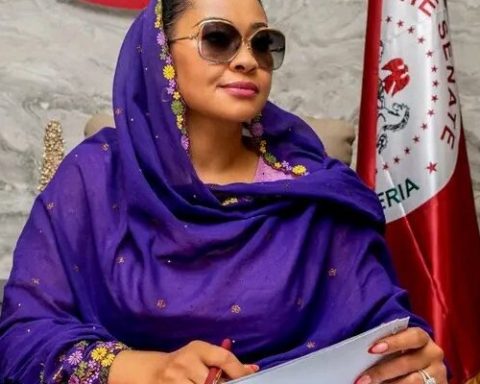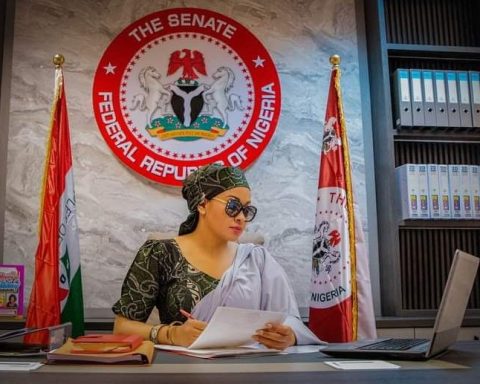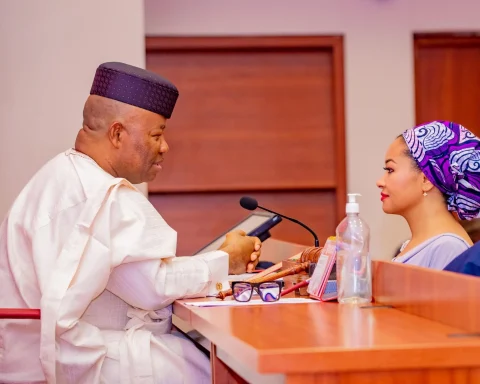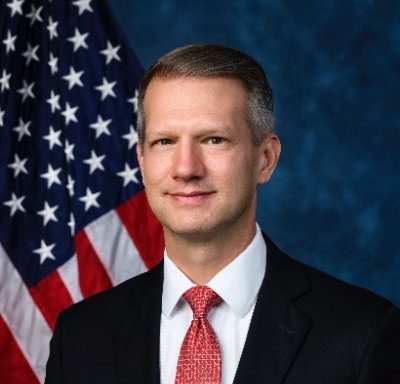Human rights lawyer, Inibehe Effiong, has strongly criticised the Senate’s refusal to allow Senator Natasha Akpoti-Uduaghan back into the chamber despite completing her six-month suspension, describing it as unconstitutional and tantamount to “double jeopardy.”
Speaking on Channels Television’s Politics Today on Tuesday, Effiong said:
Join our WhatsApp Channel“What is the substance of the appeal? The substance of the appeal relates to the legality and constitutionality of the six months suspension which has now elapsed. What they are now doing amounts to double jeopardy. She has been penalised for a definite period and has served that definite period.”
Effiong argued that by blocking her return, the Senate was effectively punishing her twice for the same offence and undermining democratic norms.
Civil Society, Activists Weigh In
Effiong’s remarks echo concerns raised by civil society groups. The Socio-Economic Rights and Accountability Project (SERAP) had earlier demanded that the Senate rescind what it described as an “unlawful suspension,” warning that it infringed on Akpoti-Uduaghan’s right to free expression.
READ ALSO: Constituents Left in Limbo as Senate Blocks Akpoti’s Return
Akpabio Appeals Judgement Ordering Natasha’s Return To Senate
Implications Beyond Natasha’s Seat
The Senate’s refusal to reinstate Akpoti-Uduaghan carries consequences on several fronts. For Kogi Central, it prolongs a representation vacuum, leaving thousands of constituents without a voice in critical legislative debates.
Beyond constituency politics, the standoff highlights a constitutional grey area whether parliamentary discipline can override judicial pronouncements or if courts ultimately hold the power to check legislative excesses.
Critics warn that normalising such a stance could set a dangerous precedent, enabling the Senate to use disciplinary measures as a political weapon against dissenting members.
There is also a gender equity dimension: with Akpoti-Uduaghan being one of just four female senators in the 10th Assembly, her prolonged absence raises concerns about shrinking space for women in governance and how institutional barriers can deepen that imbalance.
Amanze Chinonye is a Staff Correspondent at Prime Business Africa, a rising star in the literary world, weaving captivating stories that transport readers to the vibrant landscapes of Nigeria and the rest of Africa. With a unique voice that blends with the newspaper's tradition and style, Chinonye's writing is a masterful exploration of the human condition, delving into themes of identity, culture, and social justice. Through her words, Chinonye paints vivid portraits of everyday African life, from the bustling markets of Nigeria's Lagos to the quiet villages of South Africa's countryside . With a keen eye for detail and a deep understanding of the complexities of Nigerian society, Chinonye's writing is both a testament to the country's rich cultural heritage and a powerful call to action for a brighter future. As a writer, Chinonye is a true storyteller, using her dexterity to educate, inspire, and uplift readers around the world.














